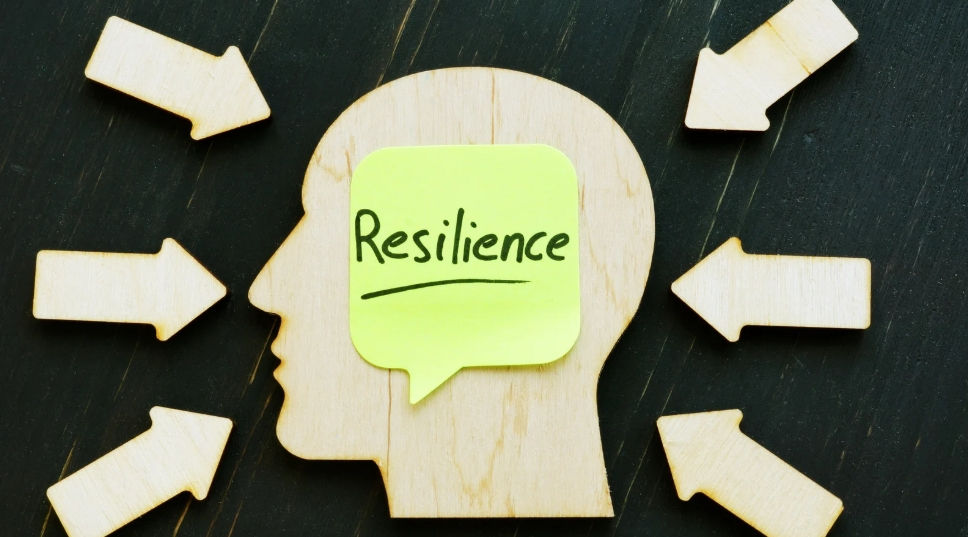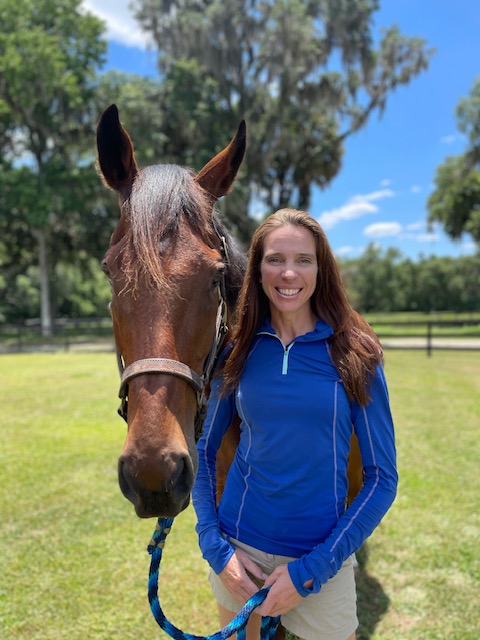- Sep 3, 2025
- 2 min read

Veterinary medicine is a deeply meaningful profession. The bond with clients, the chance to improve the lives of animals, and the variety of cases make the work incredibly rewarding. But let’s be honest—it can also be incredibly hard.
The stressors of unpredictable caseloads, emotionally charged interactions, and high expectations can take a toll. Burnout is a very real risk, and too many veterinary professionals find themselves teetering on the edge. But what if the key to thriving in this field is not about avoiding stress, but about building the ability to rise and grow in the face of it?
That’s where resilience comes in.
What Is Resilience?
Resilience is more than just bouncing back. It is the ability to adapt, persevere, and even grow through challenge and adversity. Psychologists refer to it as “struggling well,” acknowledging that while struggle is inevitable, how we engage with it can make all the difference.
Resilience is not a fixed trait. While genetics play a role, a significant portion of our resilience capacity is learned. That means the ability to handle hard days with more clarity, strength, and purpose is a skill you can build.
The Foundation of Resilience
There are many contributing factors to resilience, but three foundational pieces stand out:
1. Emotional Regulation
Resilience starts in the brain. The ability to pause and regulate our emotional response creates space to respond with intention rather than reaction. Breathing techniques, mindfulness, or simply giving yourself a beat before responding can all help reset the nervous system.
2. Thinking Style
How you explain the events in your life, also called your explanatory style, has a powerful effect on your mindset. For example, thinking “I failed at that procedure” versus “I’m still learning and growing in this area” leads to vastly different emotional outcomes. A more optimistic thinking style does not ignore challenges. It frames them in a way that supports growth.
3. Language Choice
The words you use matter. A simple shift from “I have to cover the next case” to “I get to help the next patient” can reframe an exhausting moment into one rooted in purpose. Language is one of the most accessible tools we have to shift perspective and build resilience on the fly.
Why It Matters in Veterinary Medicine
Stress is not the enemy. Our response to it is what matters most. In a profession where challenges are part of the daily landscape, building resilience is not just helpful, it is essential. Stronger resilience leads to greater well-being, better teamwork, improved client care, and a more sustainable career path.
You don’t need a massive life overhaul to start. Small, intentional practices can build your resilience over time. The key is consistency and compassion, with your team and with yourself.
🎥 Want to go deeper? We created a free, 30-minute on-demand webinar that explores these ideas and offers practical tools to help you strengthen resilience in your veterinary career.
Watch From Burnout to Brilliance: Resilience Skills for Success Access the free replay here → https://academy.flourish.vet/courses/from-burnout-to-brilliance-resilience-skills-for-success--55476a4a-b448-40be-88a0-6788f6a1bf77/salespage?priceId=price-Mv0K7yWRC2bNPx0Nj2efUQ







Comments